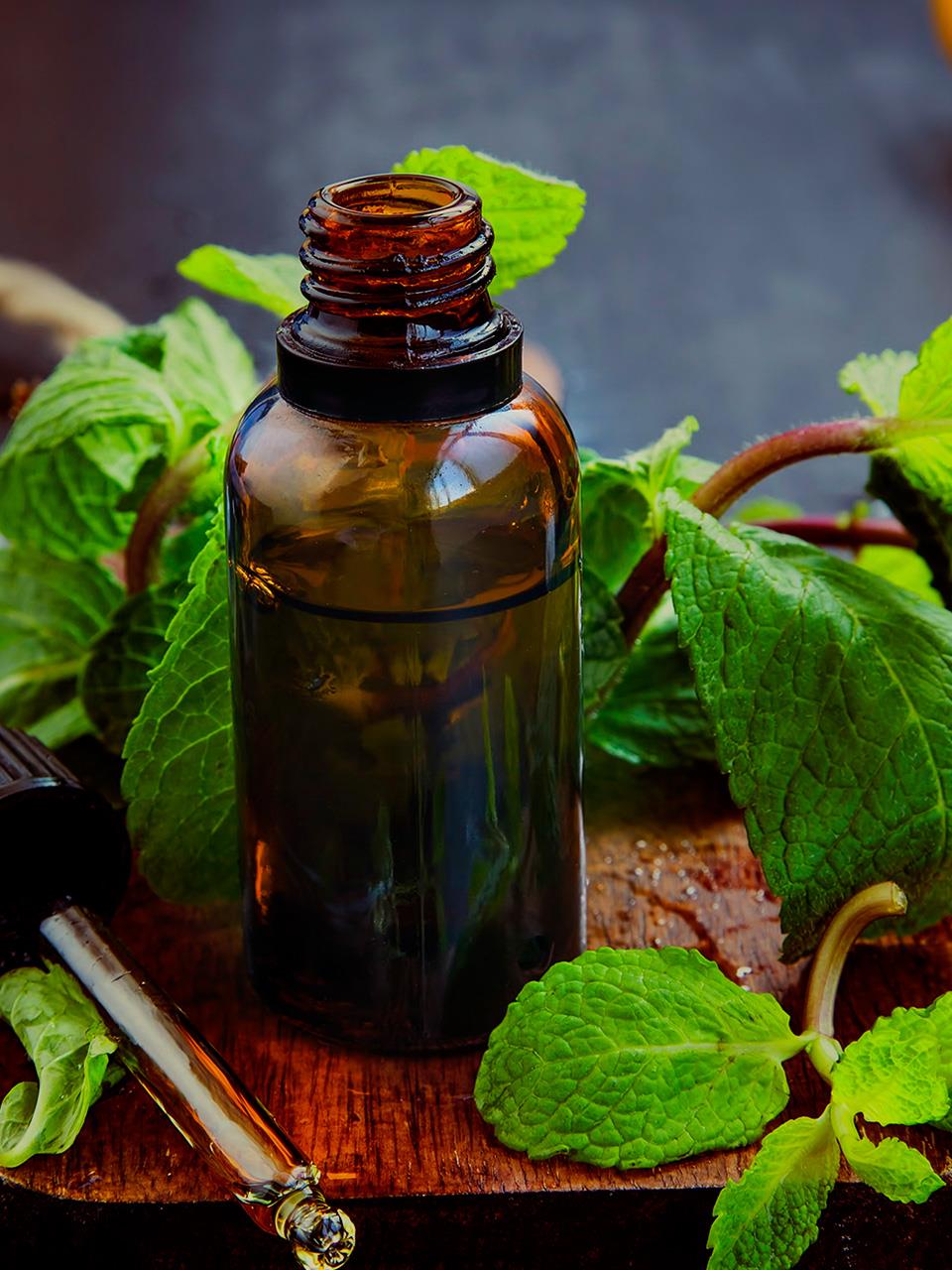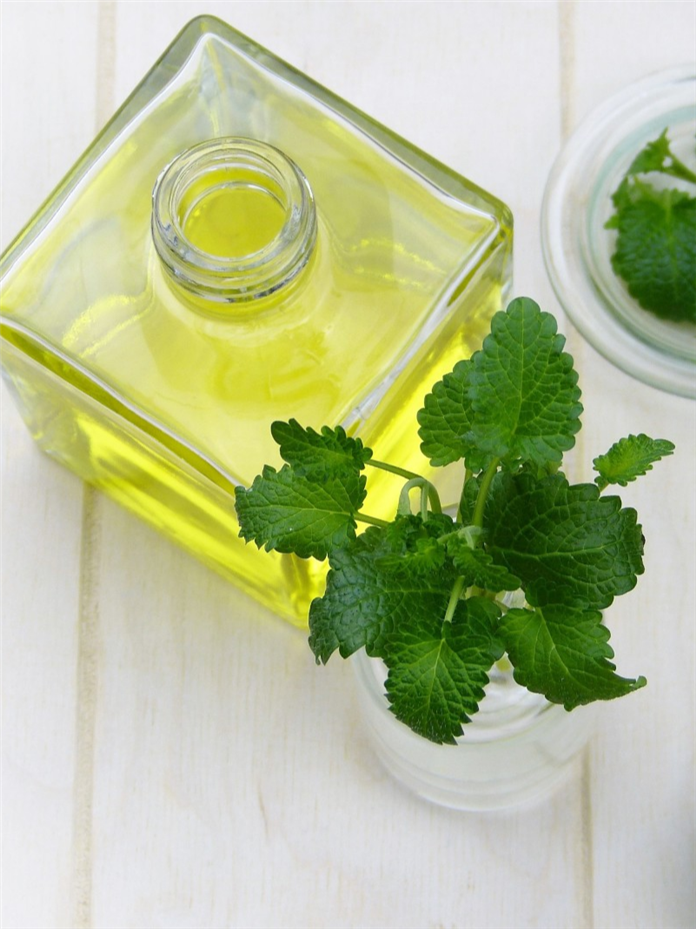Peppermint oil finds its application in innumerable fields with respect to the human health. Benefit yourself by being aware of the various peppermint oil uses from this story.

Tap to Read ➤
Uses of Peppermint Oil
Rajib Singha


Peppermint oil finds its application in innumerable fields with respect to the human health. Benefit yourself by being aware of the various peppermint oil uses from this story.

A mint that is a cross between the water mint and spearmint, peppermint was first introduced by Carolus Linnaeus. This native mint of Europe, scientifically attributed as mentha piperita, has a high content of menthol and is a common ingredient in chewing gum, toothpaste, ice cream, etc.

Manganese, iron, magnesium, calcium, folate, potassium, and copper are the prime constituents of peppermint. Apart from these minerals and nutrients, the mint also contains omega-3 fatty acids, vitamin A and C. Steam distillation of the whole herb produces what is known as the peppermint oil. Take a look at the following benefits that this oil provides.

For Skin
As peppermint is abundant in menthol, it gives a cooling effect when applied on the skin. It is also known to improve dull and oily skin. Application of peppermint oil is widespread in creams, toners, and lotions. Itching and minor skin irritations can be done away with the topical use of peppermint oil.

For Hair
Apart from providing a cooling and relaxed feeling when applied to the head, peppermint oil is also effective in getting rid of dandruff and head lice. As this herb is sour and bitter in taste, it works well for the treatment of oily scalps. The oil can also be used as a hair conditioner but remember to use it in a diluted form (mixed with water) and not directly.

For Digestion
Consuming peppermint oil with water after meals benefits the digestion process, as it helps in relieving gas in the alimentary tract. If you suffer from motion sickness, take a sip of this oil mixed with water before starting the trip. An upset stomach can also be relieved by using the peppermint oil. Adding some of this oil in a cup of tea also improves digestion and eases heartburn.

For Respiratory System
Sinusitis, asthma, bronchitis, cold, and cough can be treated with peppermint. Its menthol content acts as an effective expectorant (a medicine promoting the process of coughing up and spitting out). Cold rubs which contain peppermint oil as one of its ingredients provide instant relief from nasal and respiratory congestion.

This oil helps in easing muscle contraction by restricting the movement of calcium into the muscle cells in the intestines, and thus reduces different symptoms of irritable bowel syndrome (IBS).

For Dental Health
Toothache and cavities can be treated by using peppermint oil, which is powerfully antiseptic. In an event of a toothache, applying some bruised leaves of the herb provides great relief. Peppermint oil also helps in treating bad breath and fighting germs of the teeth and gums.

For Relieving Stress
Use a few drops of the oil on a cold, wet cloth and place it over your eyes and feel all your stress vanishing in thin air! It helps you calm your nerves, mental exhaustion, and headaches.

# Applying a spray of peppermint oil can help you get rid of many household pests. The clear and strong odor of the oil effectively prevents the infestation of ants, aphids, plant lice, and types of beetles. Misting the leaves of your outdoor and indoor plants with a spray of peppermint oil will keep them pest free.

# Mice, gophers, moles, etc., can also be driven away by spraying a mix of peppermint oil and water into their burrowing holes or placing some cotton balls soaked in the oil around the house.

# Dabbing some peppermint oil or spraying a diluted solution of the oil and water on few parts of your clothes or skin works as an effective repellent for mosquitoes and fleas. Take care not to overuse it, as it may raise the risk of irritating the skin.

The oil has analgesic and anesthetic properties. However, while using this oil, take care that it does not come in contact with your eyes and nose, as it may cause burning of the sensitive skin around these areas.